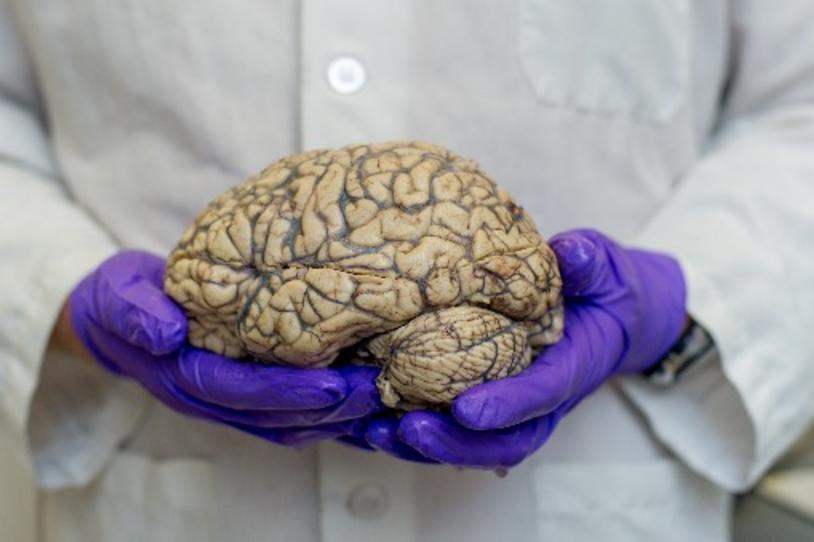
With the promotion around the new sci-fi thriller Lucy starring Scarlett Johansson and Morgan Freeman ramping up, The Atlantic took a shot at further debunking the myth that serves as the catalyst for the film’s plot – if humans only use 10 percent of their brain, what are the possibilities if they are able to unlock more?
Of course, the idea that “you only use 10 percent of your brain” is, indeed, 100 hundred percent bogus. Why has this myth persisted for so long, and when is it finally going to die? Unfortunately, not any time soon. A survey last year by The Michael J. Fox Foundation for Parkinson's Research found that 65 percent of Americans believe the myth is true.
So why do so many people continue to believe this is true? The Atlantic continues:
Joe LeDoux, a professor of neuroscience and psychology at NYU, thinks that people today may be thrown off by the “blobs” — the dispersed markers of high brain activity — seen in functional magnetic resonance imaging (fMRI) of the human brain. These blobs are often what people are talking about when they refer to the brain “lighting up.”
Certain regions of the brain are more specialized than others to deal with certain tasks, and most behavior depends on tight temporal coordination between those regions. Your visual system helps you locate that pint of beer, and your motor system gets your hand around it … The brain is a complex, constantly multi-tasking network of tissue.
While neurologists from the Mayo Clinic concluded that the human brain is active all the time, there is still a lot that we don’t know about it. Projects like the Brain Activity Map Initiative implemented by the Obama Administration last year aim to understand the complex workings of the entire human brain, which could unlock many clues for neurodegenerative diseases like Parkinson’s.